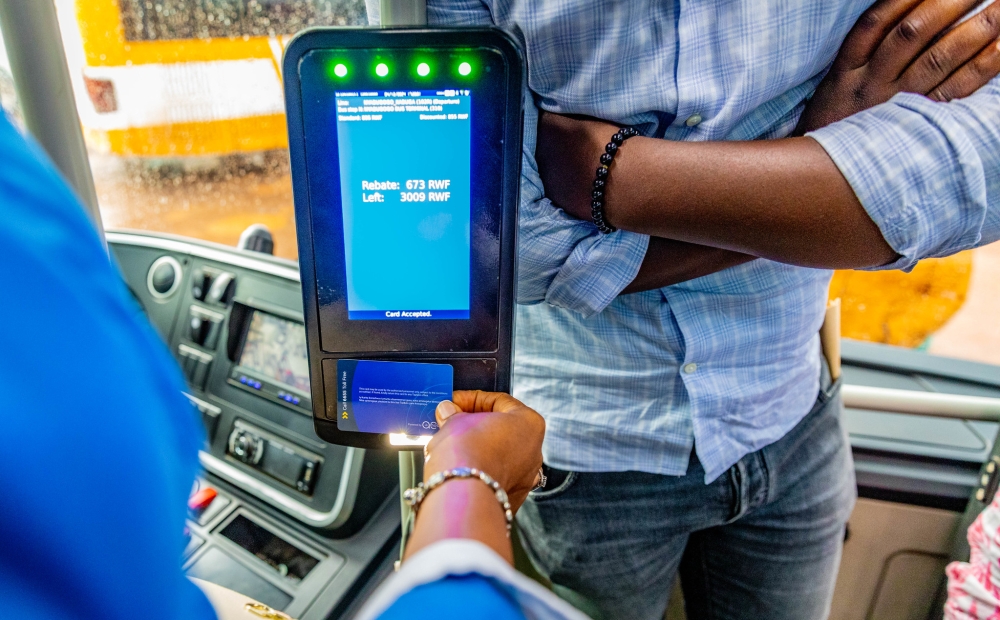Developing countries exported more than a trillion dollars of digital services in 2023.


The government has set its sights on digital exports, with the government encouraging local companies to develop and sell digital solutions and services internationally.
As part of the National Strategy for Transformation (NST2), Rwanda aims to position digital exports as a key contributor to the country's goal of doubling its exports to $7.3 billion by 2029.
ALSO READ: Experts on how digitalisation can drive cross-border trade, expand African exports
Digital exports include a wide range of utilities, such as financial services, telecommunications, software, financial wires, telemedicine diagnosis, and distance education.
According to data from the UN Trade and Development (UNCTAD), developing economies in 2023 crossed the trillion-dollar mark in their exports of digitally deliverable services. During the same year, global exports of digitally deliverable services totalled $4.5 trillion.
Speaking during the launch of the digital transformation week in Kigali on Thursday, December 12, Esther Kunda, the Director General for Innovation and Emerging Technologies at the Ministry of ICT, said the government is paying attention towards fostering home-grown tech solutions, which can as well be exported.
The country has already registered some achievements in digital exports. For instance, Irembo, a digital platform built to make local governance services more accessible and efficient, has been sharing its expertise in e-governance with several African countries.
In addition, some Rwandan private companies such as ComzAfrica have expanded their reach, offering services like USSD-based airtime borrowing in multiple foreign markets.
ALSO READ: Digital technologies could unlock Africa's trade potential, says Ngirente
Alex Ntale, the CEO of the Rwanda ICT Chamber, highlighted the country's competitive edge in the digital export space, citing its business-friendly environment as a key advantage.
"Opening a business in Rwanda is easy, and the country is also open to shared education and learning,” he said, as he pointed to universities like Carnegie Mellon and AIMS (African Institute of Mathematical Sciences) as an attraction for tech-savvy Africans to Rwanda.
He added that Rwanda has good local talent in the tech field, which needs to be supported to come up with digital solutions not only for the country but for the continent.
"We need to capitalise on and expand the talent base that is able to deliver services to these (foreign) markets. With that, being landlocked ceases to be a problem because we have the networks,” he said.
Martin Mbonu, CEO of ComzAfrica, a Rwandan fintech startup with operations in Malawi, Dubai, Mauritius, and Burkina Faso, also underscored the ease of doing business in Rwanda as a key factor in the country’s appeal to tech start-ups.
ALSO READ: ICT: Rwanda rolls out plan to train one million coders
"The market doesn't have to be big, but businesses can settle very quickly, prove the concept, and sell to the continent, and bring in the revenues,” he said.
Mbonu also praised Rwanda’s strong international reputation, which builds trust with potential business partners. He advised digital service providers to focus on excellent customer service to ensure system adoption and build credibility in foreign markets.
Estelle Indriets, Senior Manager for Policy and Partnerships at Irembo, shared that the company has seen increasing interest from other African countries, eager to learn from Rwanda’s digital transformation.
Irembo provides support through technical tours, where visitors learn about the platform over several days, and technical assessments, where Irembo’s team evaluates the digital progress of other countries and offers advisory services.


